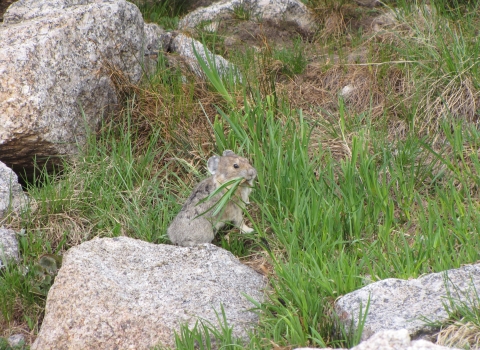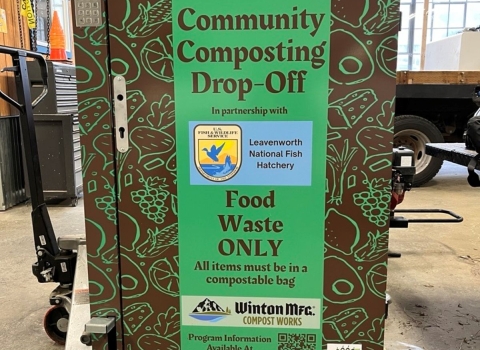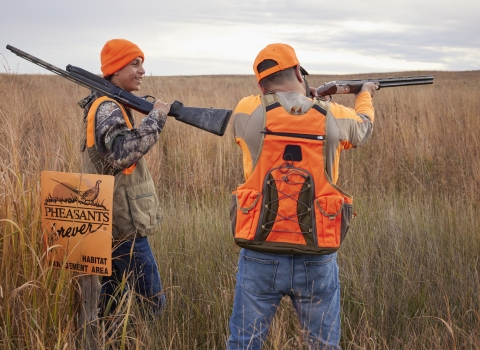$500,000 in Federal Grant and Matching Funds For
Conservation of Neotropical Migratory Birds, Habitat and Jobs in Minnesota
Department of the Interior Secretary Ken Salazar recently announced $100,000 in U.S. Fish and Wildlife Service grant funds will support neotropical migratory birds and habitat, industrial forestland jobs and public access in northern Minnesota. The Nature Conservancy will receive the funds to purchase conservation easements from landowners, and the grant will be matched with $400,000 in partner funds.
“This grant will support the protection of forestland jobs, and increase outdoor opportunities and experiences for Minnesotans and visitors,” said Tom Melius, Midwest Regional Director of the U.S. Fish and Wildlife Service. “At the same time, our partnership with the Nature Conservancy, a leader in migratory bird conservation, will support better habitat for neotropical migratory birds that use this area along their migratory route.”
The State of the Birds 2009, a report released earlier this year by the U.S. Fish and Wildlife Service, state agencies and non-federal partners, revealed sobering declines of bird populations during the past 40 years. In the forests and grasslands of the Midwest, conservation efforts are critical to protect habitat for birds where little native habitat remains. This report calls attention to the collective efforts needed to protect natures resources for the benefit of people and wildlife. (For the full report, visit http://www.stateofthebirds.org.)
The funds for neotropical migratory bird conservation in northern Minnesota are part of more than $4.8 million in U.S. Fish and Wildlife Service grants for 36 conservation projects throughout the Western Hemisphere. Partners will match these funds with more than $18 million that will support habitat restoration, environmental education, population monitoring, and other priority activities within the ranges of neotropical migratory birds in the United States, Puerto Rico, Canada, Mexico and 12 Latin American and Caribbean countries.
“As we mark the observance of International Migratory Bird Day and celebrate the incredible journeys these birds make between their summer and winter homes. I’m honored to be able to support partnerships that are making a real difference for neotropical migrants,” said Salazar. “These grants will support important multi-national partnership projects throughout the hemisphere so future generations of people in North, Central and South America can enjoy and appreciate these remarkable birds.”
Nearly 350 species of neotropical migratory birds breed in the United States and Canada and winter in Latin America or the Caribbean, including plovers, terns, hawks, cranes, warblers and sparrows. The populations of many of these birds are presently in decline, and several species are currently protected as threatened or endangered under the Endangered Species Act.
The Neotropical Migratory Bird Conservation Act of 2000 established the matching grants program to fund projects promoting the conservation of neotropical migratory birds in the United States, Canada, Latin America, and the Caribbean. Funds may be used to protect, study, monitor and manage bird populations and habitat, as well as to conduct law enforcement and community outreach and education. By law, at least 75 percent of the money goes to projects in Latin America, the Caribbean, and Canada, while the remaining 25 percent can go to projects in the United States.
More about the projects in the United States, plus the 27 projects in Mexico, Central and South America, is on the Web at: http://www.fws.gov/birdhabitat/Grants/NMBCA/2009.shtm
The mission of the U.S. Fish and Wildlife Service is working with others to conserve, protect and enhance fish, wildlife, plants and their habitats for the continuing benefit of the American people. We are both a leader and trusted partner in fish and wildlife conservation, known for our scientific excellence, stewardship of lands and natural resources, dedicated professionals and commitment to public service. For more information on our work and the people who make it happen, visit http://www.fws.gov


